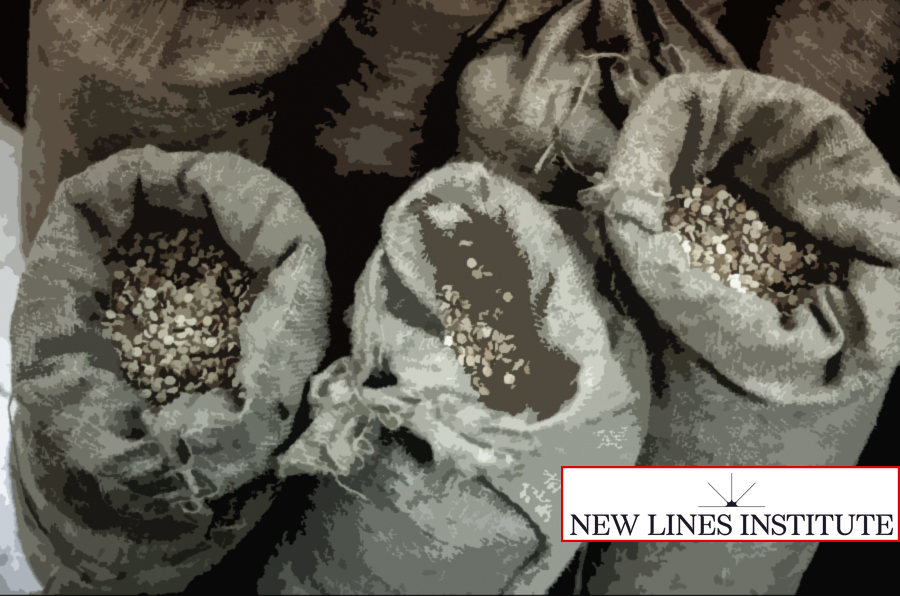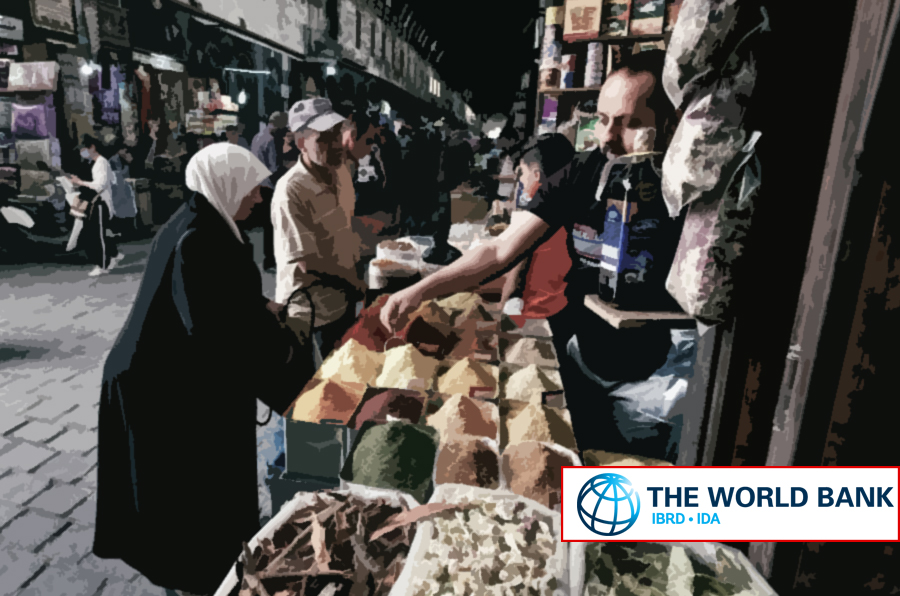Publications
Here we share all our published work, including peer-reviewed academic papers, policy papers, and op-eds.
Observatory of Political and Economic Networks, Karam Shaar (July 5, 2024)
In 2020, the EU sanctioned Maher al-Imam for his financial support to the Syrian regime, but his appeal was dismissed by the Court of Justice of the European Union in 2021. Despite his reduced public support and withdrawal from formal business dealings, Maher maintains control over key companies linked to the regime through his associate Muhammad Ammar Dalloul. Although, Maher transferred his shares in “Waves” to Dalloul in 2022, he yet still appears to be in control of the company. Last month, the EU delisted Maher without public justification, despite evidence suggesting that both Maher and Dalloul should be sanctioned for their ties to the Assad regime. This delisting exemplifies the failure of Western governments to understand the complex business-regime networks in Syria, highlighting the need for the EU and Western governments to revise their sanctioning processes to enhance their effectiveness while mitigating unintended consequences for innocent civilians.
For further details, you can read the full report here.
Newlines Institute, Karam Shaar and Caroline Rose (May 30, 2024)
In this report from the New Lines Institute, Caroline Rose and Dr Karam Shaar delve into the evolution of the Captagon drug trade from 2015 to 2023. They underscore the notable surge in seizures between 2018 and 2021 and how it has since stabilized. The report details the enhanced sophistication of trafficking methods and the militarization of smuggling operations. The key findings reveal the pivotal role of the Syrian state, the involvement of Syrian nationals across various countries within the supply chain, and the strategic geopolitical ramifications of the trade. Policy recommendations emphasize the necessity of coordinated regional efforts and assertive U.S. leadership to effectively address the Captagon crisis. For further details, you can read the full report here.
The World Bank, Karam Shaar (27 May 2024)
Dr Karam Shaar contributed as a senior consultant to this World Bank report alongside a stellar group of economists. The report provides an update on Syria’s economy and thoroughly examines specific topics. While he peer-reviewed the report, his focus was primarily on the elements relating to the economics of captagon.
Observatory of Political and Economic Networks, Karam Shaar, Mohamad Orwani, Noha Alkamcha, and Dima Muhammad (22 May 2024)
This report assesses aid diversion in Syria over 2021 and 2022. It utilises procurement data and a dataset leaked to OPEN, highlighting some of the UN’s partnerships with local NGOs in regime-held Syria. The research unveils new grave concerns over the UN’s funding of potential human rights violators and the diversion of aid to the Assad regime and proposed policy solutions.
To view the policy brief, click here.
To view the full report, click here.
To view the top 100 suppliers alongside their risk levels and backgrounds using an interactive dashboard, click here.

Der Spiegel (Investigation), Karam Shaar, Christoph Reuter, Syria Sanctions Policy Program (Sep 9, 2023)
This is Der Spiegel’s coverage of the debut project from the Syria Sanctions Policy Program.
The Arab League had hoped that welcoming Syria back into its ranks might slow down the flow of drugs coming out of the country.
But as the case of business executive Mahmoud Aldij shows, Assad’s mafia-like structures remain deeply entrenched.




